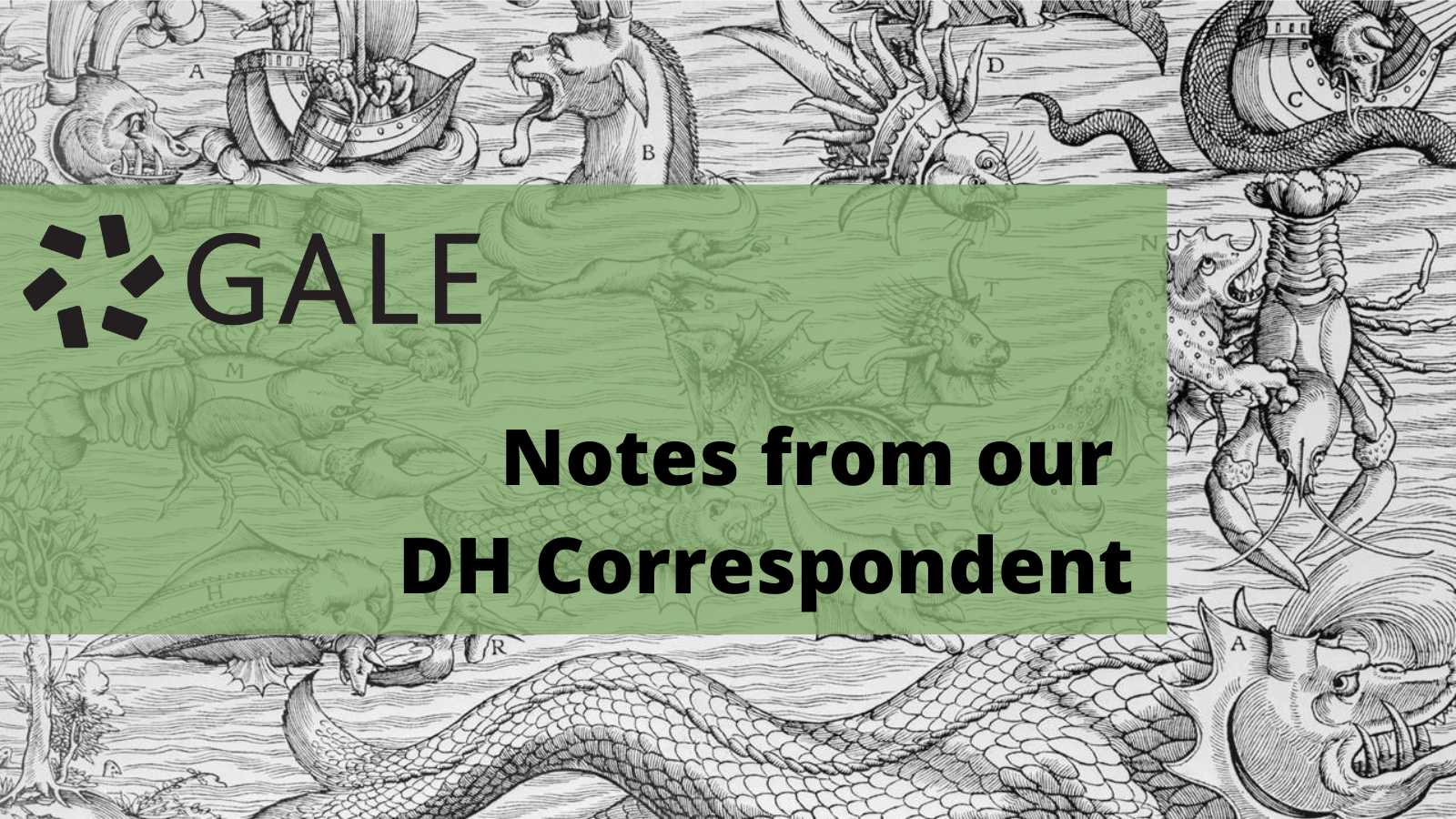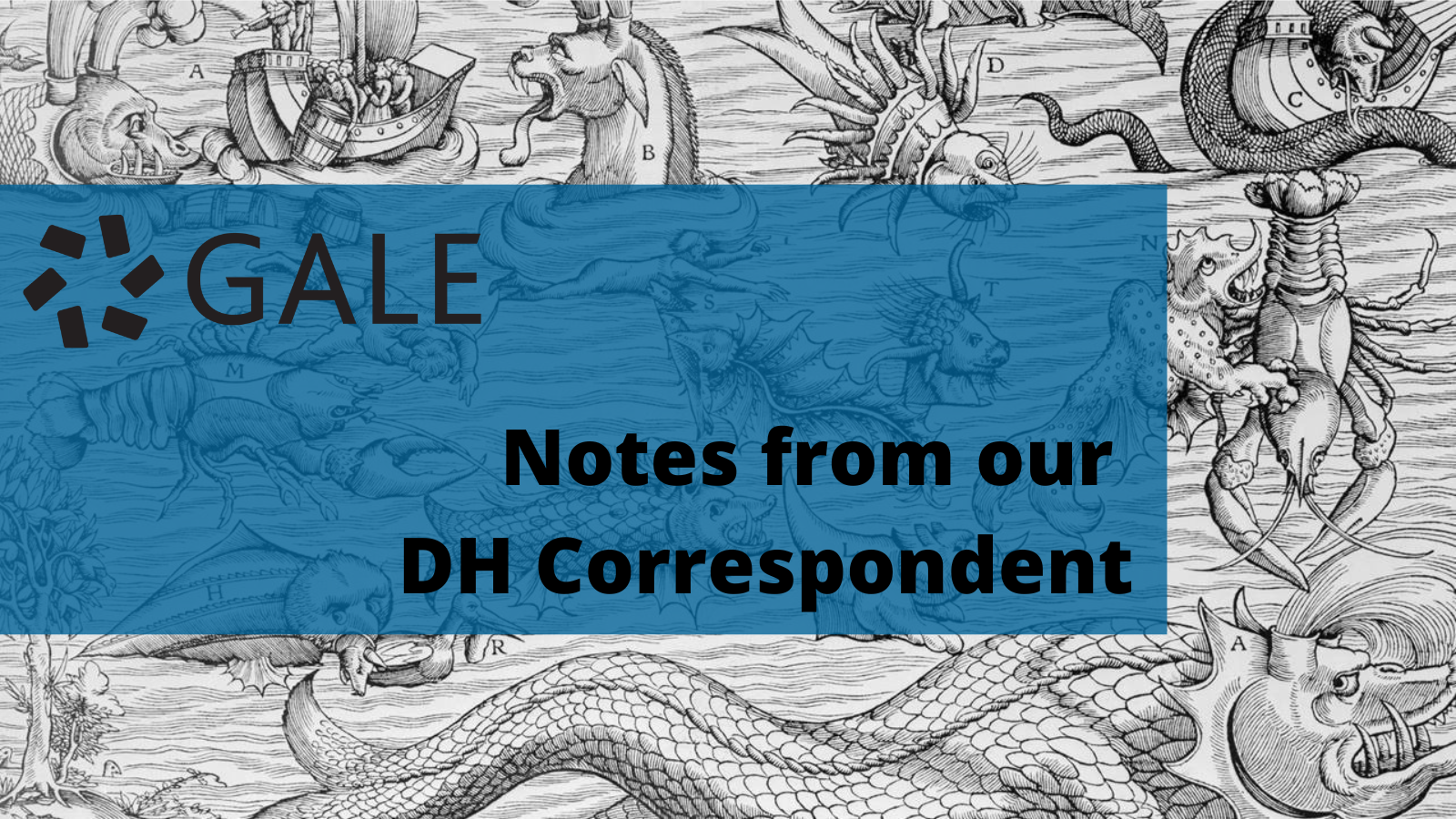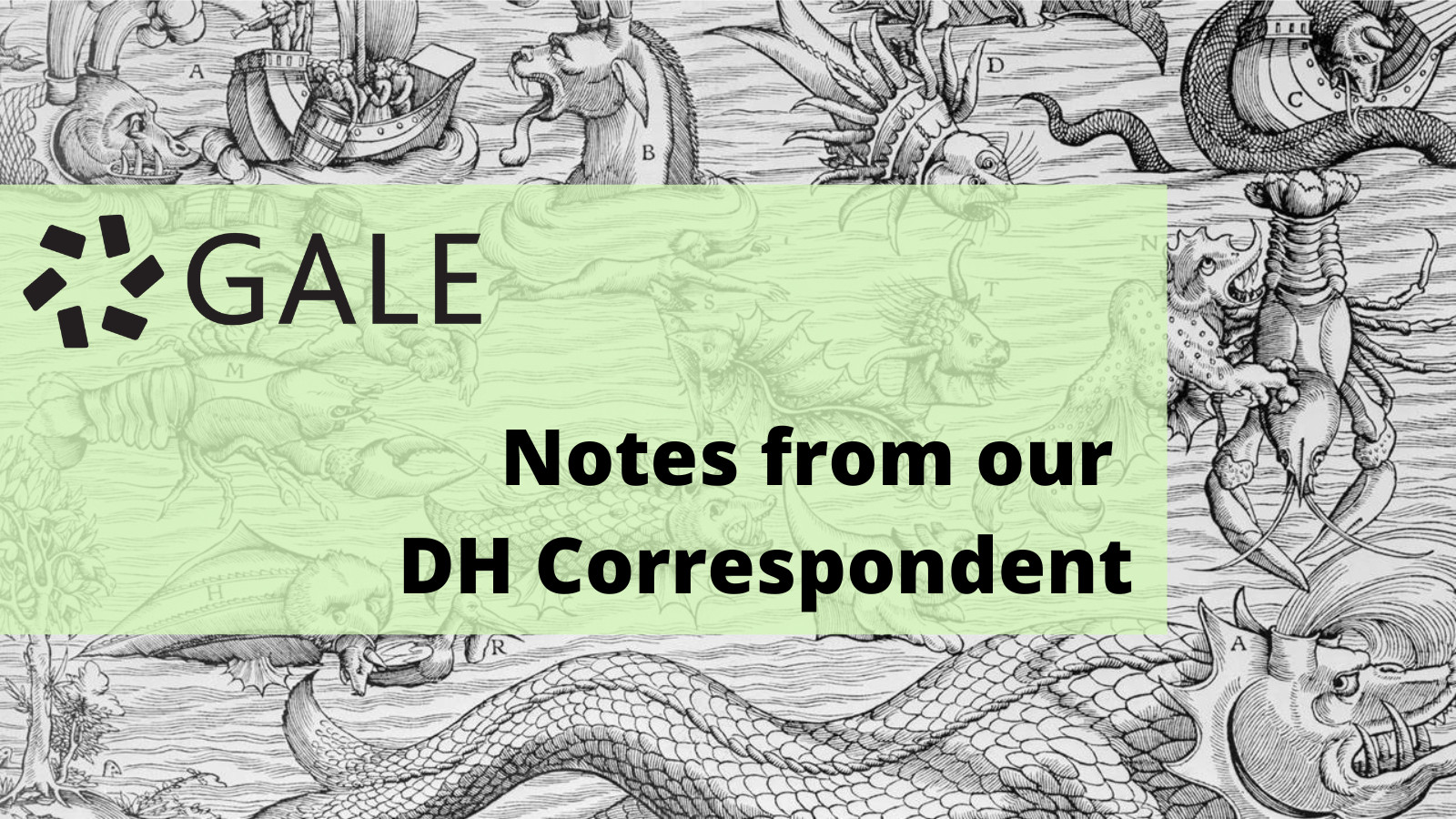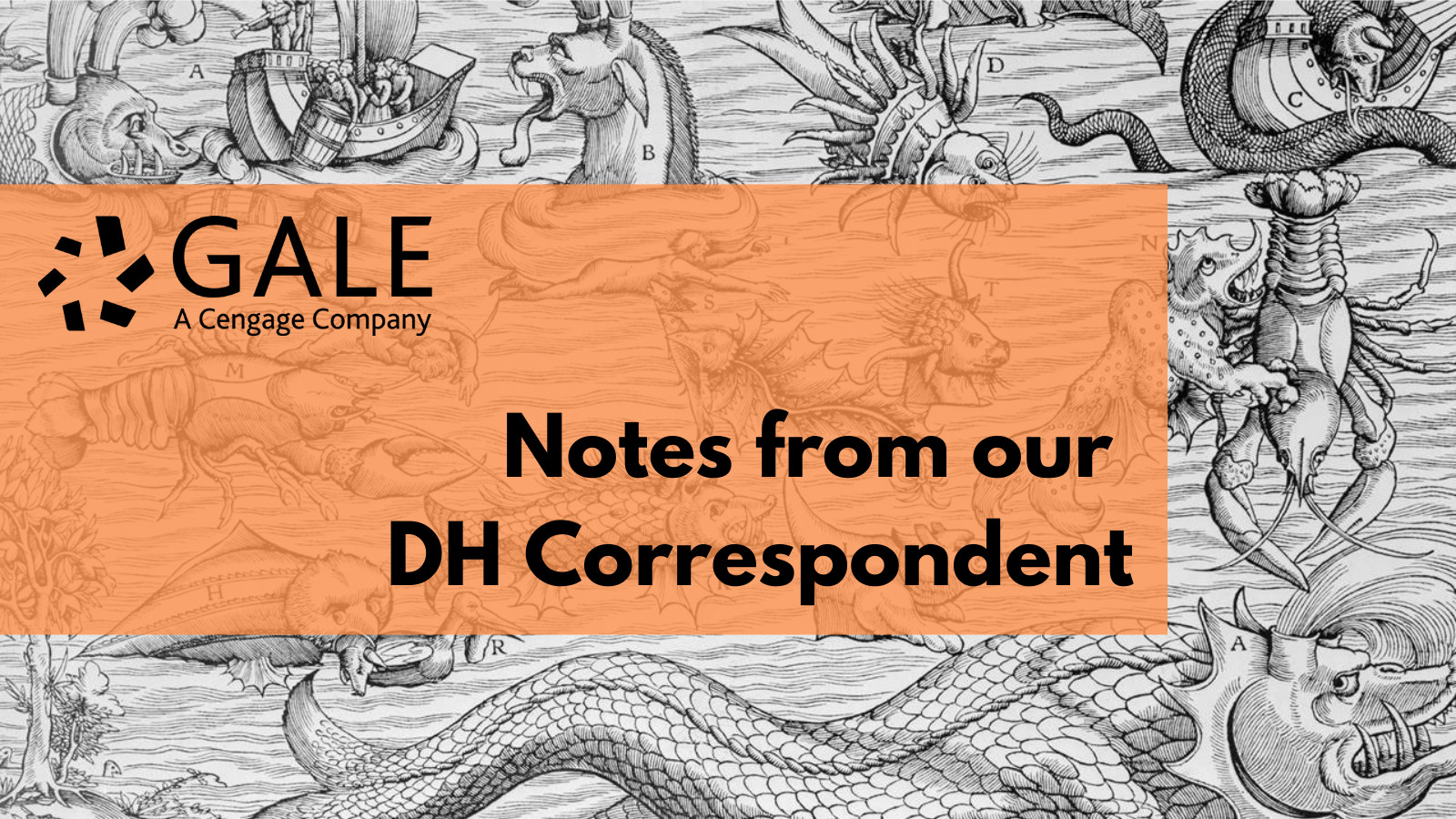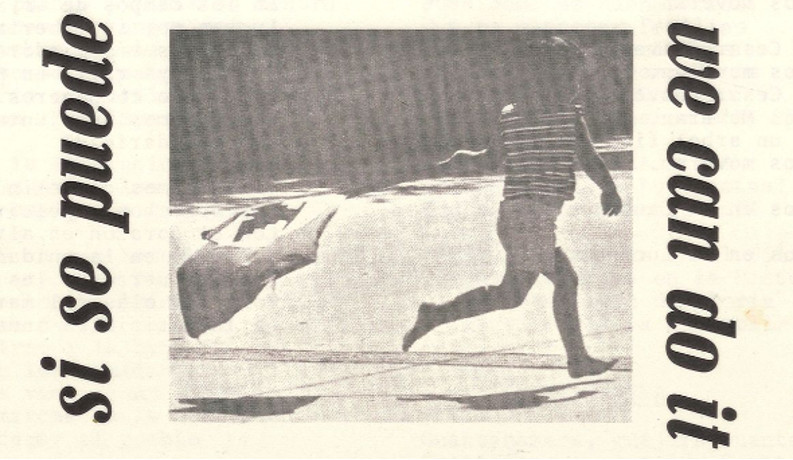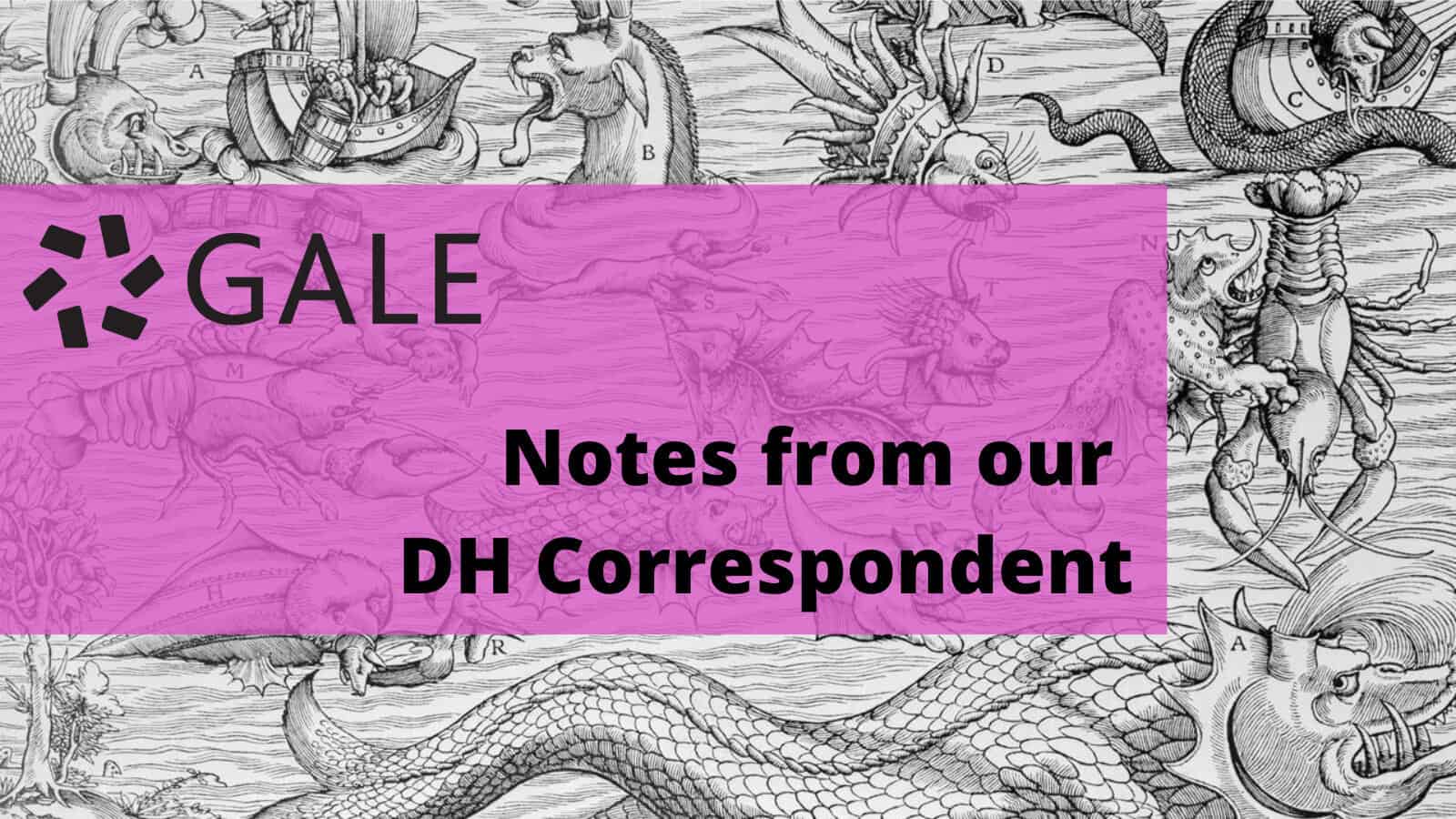│By Sarah L. Ketchley, Sr. Digital Humanities Specialist│
For the start of a new academic year, this month’s Notes from our DH Correspondent blog post is a useful resource indexing all the Notes posts to date. They are categorised below to support instructors to plan, build and deliver classroom DH curricula. This is a great page to bookmark!
Each resource can be supplemented with detailed material in the Learning Center in Gale Digital Scholar Lab which provides step-by-step instructions in written and video formats, covering every aspect of working in the platform.
Need additional support? Our DH team will be happy to answer your questions! Just email us at [email protected]

